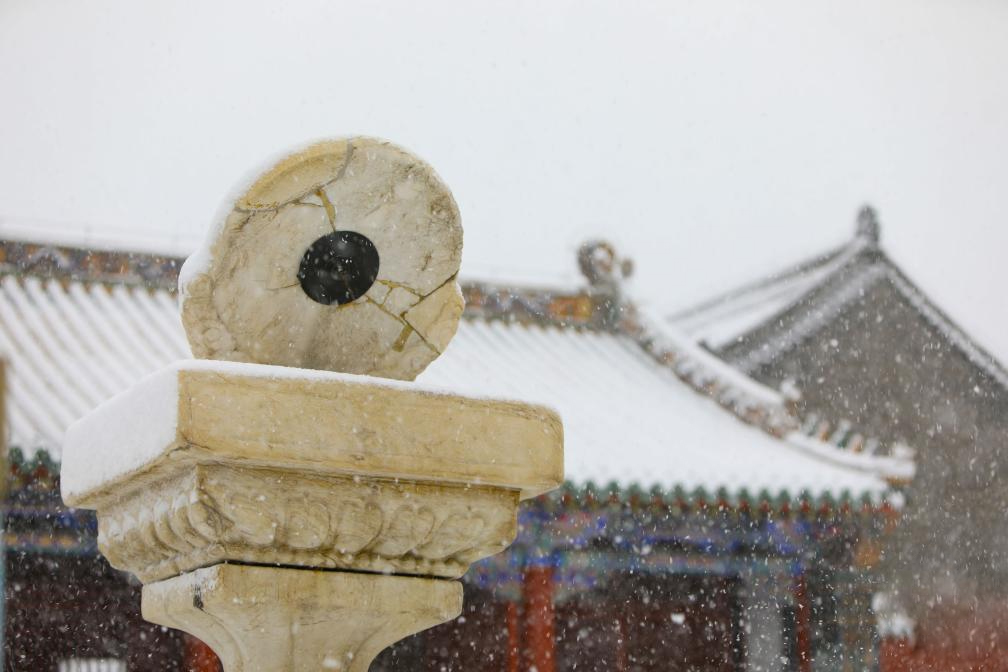How APEC meetings turn out is a test for the US
The Asia-Pacific Economic Cooperation (APEC) Economic Leaders' Week has kicked off on Saturday in the US, and the host city, San Francisco, has also been in full swing to embrace the "APEC time." In addition to the APEC Informal Leaders' Meeting, the Finance Ministers' Meeting, Ministerial Meeting and the CEO Summit will also be held in recent days. More than 20,000 participants are expected to attend the meetings throughout the week, with leaders and representatives from 21 member economies across the Pacific Ocean and approximately 1,200 business executives gathering in San Francisco.
San Francisco is reportedly taking the APEC meetings very seriously, calling it an "epic" event since the signing of the UN Charter in the city in 1945. The meetings are projected to generate more than $50 million in economic benefit to San Francisco through increased trade, tourism and investments. Many people are looking forward to and highly support the promotion of global economic cooperation and connectivity in this US city. However, despite the enthusiasm in San Francisco, people from different spheres still hold a cautious and wait-and-see attitude toward the meetings, given the US' attitude toward globalization, trade and investment liberalization, and geopolitical competition in recent years.
From the Donald Trump administration to the Joe Biden administration, Washington has continuously wanted to replace the APEC meetings with the US-dominated regional economic arrangements and push for a different set of ideas and proposals. Even US leaders have either been absent from APEC meetings or delivered speeches that are incompatible with the harmonious atmosphere among the APEC family, which has had a substantial negative impact on the unity and development of APEC. The US serves as the host of the APEC meetings after a gap of 12 years. This year also marks the 30th anniversary since the US hosted the first APEC Informal Leadership Conference in 1993 which upgraded the APEC meeting mechanism from the ministerial level to the level of an informal leaders' meeting. It is actually a test for the US on what kind of role it will play as the host and what kind of impact it will have on the future development of APEC.
It should be noted that the US has put in a significant amount of effort to ensure the success of the APEC meeting. However, its mentality toward whether APEC could be successful is contradictory. On one hand, as the host country, the US emphasizes deepening connections between member economies and seeking consensus to address common challenges, as reflected in the theme of this meeting, "Creating a Resilient and Sustainable Future for All." On the other hand, Washington also has some uncontrollable impulses to showcase the so-called economic achievements of the US pivot to Asia and economic security-related themes, emphasizing competition within "interdependence." For example, Indo-Pacific Economic Framework for Prosperity (IPEF) Ministerial will be held simultaneously during the APEC meeting. It was reported that Washington hopes to "use APEC to highlight some of the advances in IPEF."
However, regardless of the situation, the position of APEC as the main channel for Asia-Pacific regional economic cooperation has not changed. The principles and goals of "interdependence, common interests, adherence to an open multilateral trading system and reduction of interregional trade barriers" are still the consensus of most members. Since 1993, the US has gradually shifted from being a supporter and defender of these principles and goals to becoming an important negative factor, even a major source of promoting the so-called "decoupling," "de-risking," as well as the pan-politicization and pan-securitization that override market rules. The current US contradictory attitude toward APEC is highly consistent with its role transformation, which has become the biggest uncertainty for the development of APEC.
Against the backdrop of a global economic downturn and ongoing regional conflicts, the growth in the Asia-Pacific region is a rare bright spot in this turbulent world and it is also the most vibrant region in the global economy. The latest survey shows that 85.07 percent of respondents believe that APEC is beneficial to the stability and growth of the Asia-Pacific region. As the largest economy in APEC, whether the US, as the host of this APEC meeting, can bridge differences, achieve broad consensus, and promote regional openness, cooperation, peace, and development through concrete actions will also be a test of its great power responsibility. Next, whether the US will inject new content into Asia-Pacific regional cooperation or continue to exert centrifugal force on the future of APEC through its geopolitical calculations remains to be seen by the world.
Photos
Related Stories
- APEC forum seeks to hear diverse voices
- APEC SME technology conference and fair underway in China's Qingdao
- HKSAR chief executive will not attend APEC meeting due to scheduling issues: FM
- Chinese FM says APEC meeting not wrestling ground for confrontations
- Entering China with a virtual APEC Business Travel Card
- China willing to contribute to multilateral trading system, trade development: commerce minister
- APEC trade ministers' meeting ends with vows to overcome shared challenges
- APEC trade ministers meet at "time of shared uncertainty"
- Asia Pacific business leaders call for forging new path on inclusion, resilience, sustainability
- APEC SME Business Forum 2022 held in Shenzhen
Copyright © 2023 People's Daily Online. All Rights Reserved.









